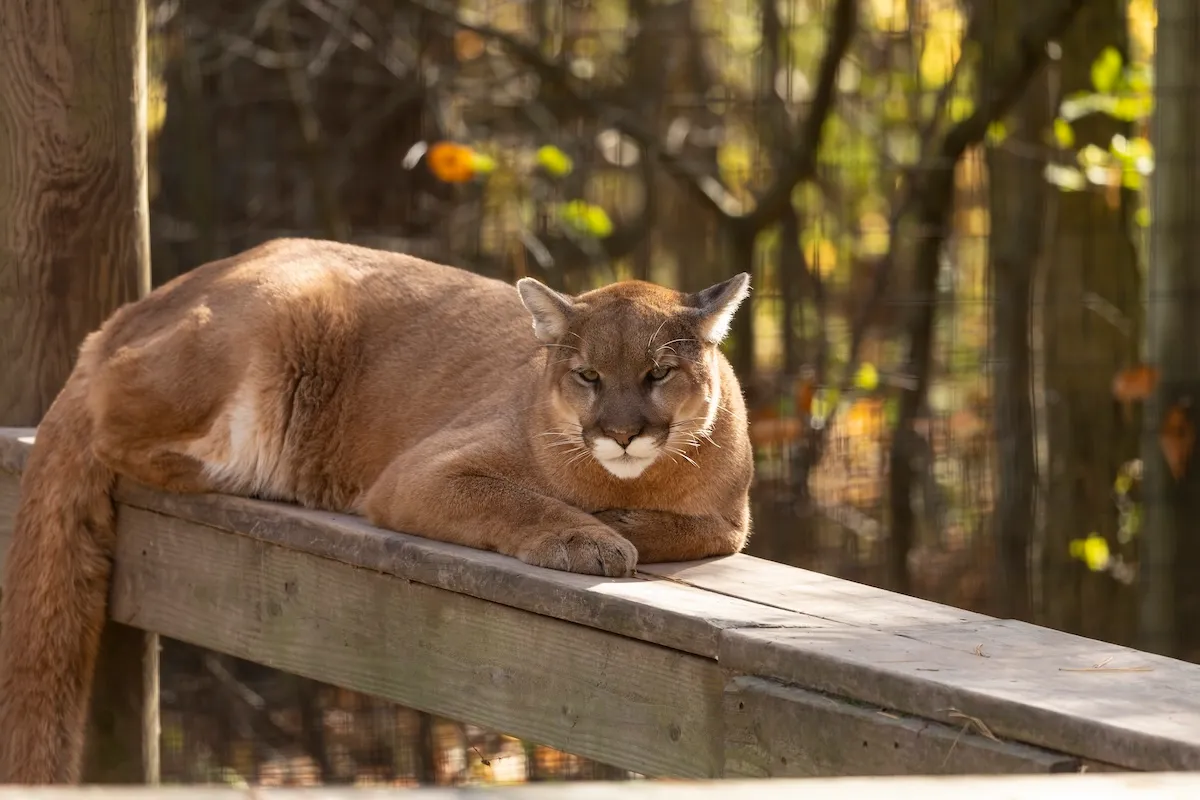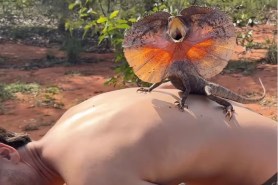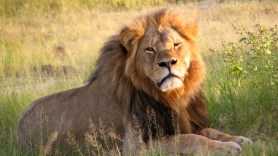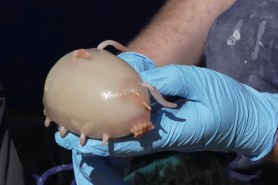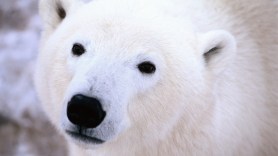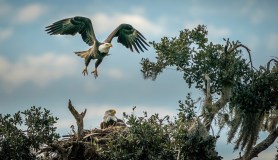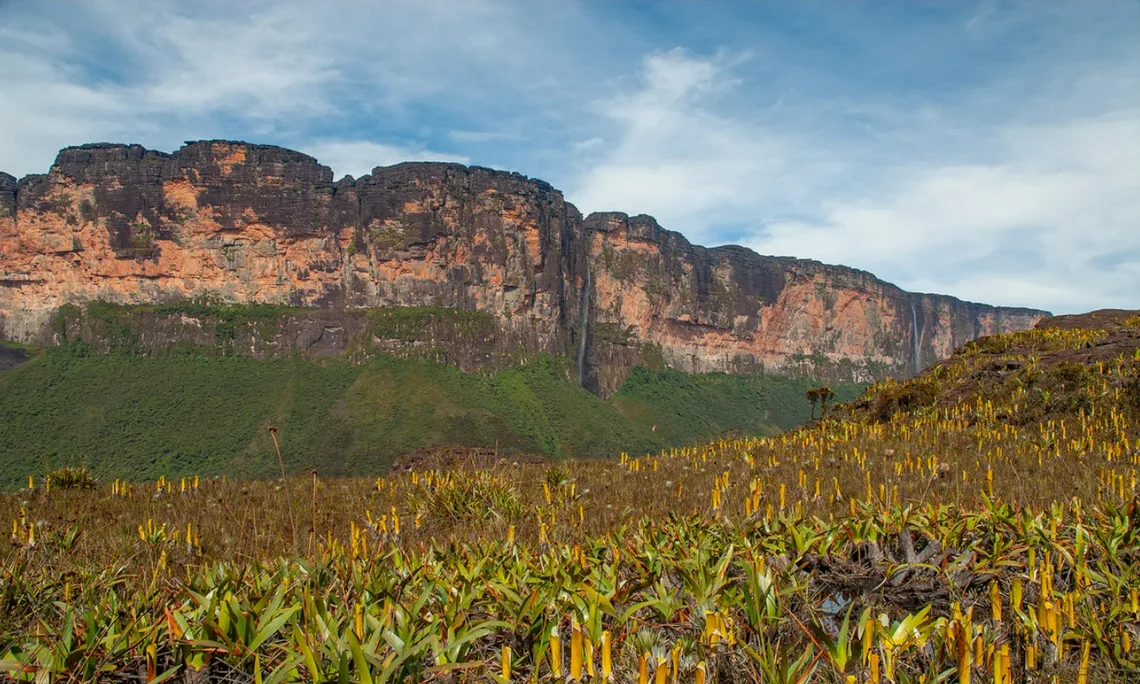

Scientists summited the Wei-Assipu-tepui mountain in Brazil and discovered a mysterious new animal species carrying its babies on its back. Researcher Philippe J.R. Kok published the discovery of the creature on May 25 in the Zoological Letters journal.
Kok embarked on a biological escapade to the mystical “small sandstone table-top mountain” of Wei-Assipu-tepui to explore the relatively untraveled land. The first exploration of the table-top mountain dates back to 2000.
The summit of Wei-Assipu-tepui is accessible only by a technical climb or helicopter. The otherworldly plateau is about three square kilometers wide, with large crevices fractured into the ground that are more than 100 meters deep.
Videos by Outdoors
The mountain is on the border between Brazil and Guayana Esequiba. Bordering countries have fought over ownership of this territory since the 15th century. Wei-Assipu-tepui stands in the biodiverse Pantepui biogeographical region in the Guiana Shield Highlands of northern South America, referred to as the famous “Lost World” of Arthur Conan Doyle. This mountain hosts a number of carnivorous plants, extensive cave systems, unique birds, and isolated species.
During Kok’s time on the mountain, he noticed numerous “cryptic” frogs that only came out at night. He saw the mysterious animals on the ground, on plant leaves, under rocks, in crevices, and on small trees. Kok also observed female frogs carrying their babies on their backs, up to nine at a time.
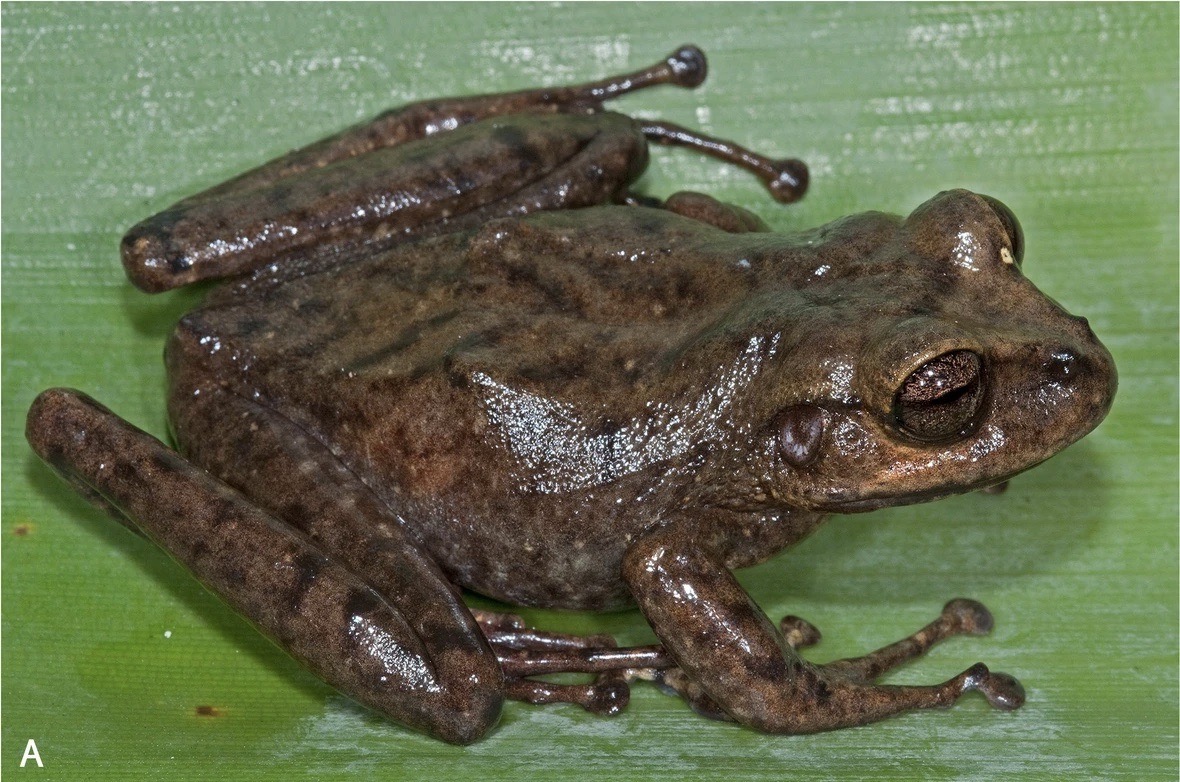
The research paper identifies the cryptic frog as a new species called Stefania maccullochi. Analysis found the newly described species has a 4.1-4.9% genetic divergence from other frog species, and they are also unique based on their body shape and geographic location.
Although genetically distinct, the new frog species resembles another species found in Venezuela, perhaps because of parallel evolution, shared ancestry, or both. Interestingly, the two similar species both live on isolated mountains.
Kok’s study suggests Stefania maccullochi is probably critically endangered, because of its limited geographic distribution. Threats like climate change, wildfires, and an increase in human visitors may jeopardize the species.
Could there be more species hidden on this mystical mountain? Tell us what you think in the comments.

